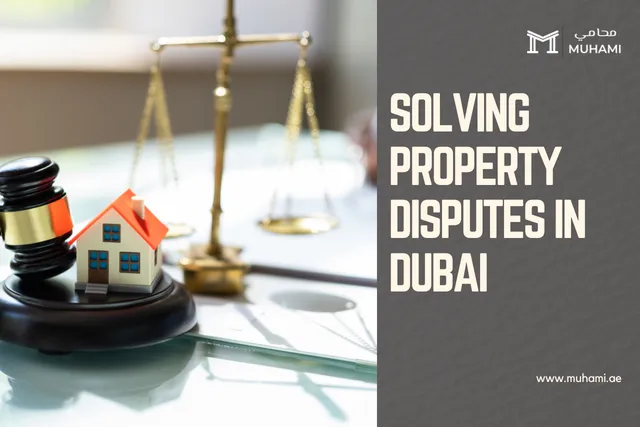My Thoughts on How to Approach Networking - For Lawyers

Networking works best when you think long-term. You have to invest the time and focus on building a relationship with a person before seeking their help.
Admittedly, I’ve made gross errors while networking I’m setting out below my takeaways on how best to approach networking.
Here you go:
1. Networking is better described as relationship-building
Networking is about building relationships with people. It’s as simple as making friends with someone.
Would you ever approach a stranger and ask her point-blank, “Please could you help find me an opportunity?” They would probably be repelled by such an approach and walk away. However, you could make that request to someone who you already know.
If you’re approaching someone on LinkedIn whom you don’t know, you have to first break the ice – perhaps request to take them out for a coffee/lunch and find something familiar to talk about. You will figure out whether you’re able to build a rapport in that meeting. You’re not meant to get along with everyone, so if it’s not going in your way, don’t fret.
If you’re not in the same city, you could request for some time over a call (see point 7 on how to make this request).
Similarly, if you’re meeting someone at an event, show genuine interest in a person and learn more about what they do before you talk about yourself. Don’t forget to smile too.
You’ll get a better response by first focusing on building a relationship. The ask comes later. In fact, if you have a great relationship, you wouldn’t even have to ask.
2. Don’t approach networking with the mindset of “taking”
Networking is a long-term game. If your objective is to only “take” or to look at what’s in store for you, then I’m pretty sure that the approach is going to prove futile.
I’d venture to say – think more about what you can give and then just give, give, and give. At some point, you will reach a stage where you can take. But you have to sacrifice and give first to get there.
I’m not saying that you cannot ask a friend – you’ve built a relationship there, and so you can definitely ask.
Also, remember that what goes around comes around. So if you’re a helpful person, then you will get paid back in kind.
3. Don’t make it all about yourself
This ties into the message above about not focusing ONLY on what you are looking for. Shift the attention to the recipient. Say something nice about them and show that you’ve done some research on them.
See point 7 on writing a message where you have a better chance of receiving a response.
4. Bring authenticity to your relationships
I remember, in my business class, working on a paper on the “glass ceiling” that women often encounter in the corporate world. One of the reasons why men generally get ahead is the “informal networking” that many women are not privy to. So, women – find your sisterhood/gang! The point is that when you’ve built a rapport with someone, it becomes more comfortable to ask for help or favours.
Bring your authentic self to the table, and you will build a more long-lasting relationship. If you’re trying hard to get something from them, it will show and you’re likely not to go anywhere.
5. Respect a person’s time
If you’re asking for help or guidance, show that you respect the person’s time. Don’t ask them for a meeting at a time or venue which caters to your convenience. Please be accommodative to make the meeting happen.
6. Follow up
If someone doesn’t respond to you after a respectful message, then follow-up. You have to understand that people in a position to help receive tons of messages in a day making it very difficult to reply to each person.
Your chances of receiving a reply are higher when you follow-up, generally after at least a week. When someone follows up with me, I make a mental note of it and try my best to reply before the message gets drowned in my inbox.
7. An Ideal Message
To illustrate my point, which of the below messages would the recipient rather respond to?
***
Message 1
Hi,
Please can you tell me whether there is any vacancy in your organization?
Thank you.
(I receive many such messages, and it’s difficult to find the motivation to respond to them because the sender didn’t even bother to write my name.)
Message 2
Hi XYZ,
I am a lawyer currently working at XXX. I have experience in YYY.
I am looking for an opportunity and am wondering whether you can help.
Thank you,
YYY
(This is better although it’s still not compelling enough to respond to because so many people use the same formula. This message makes it all about the sender rather than the recipient.)
Message 3
Dear YYY,
I hope this message finds you well.
I’ve read your article on XXX and have found it very useful. Thank you for sharing your insights on this subject OR I’ve been following you on LinkedIn and have found your posts insightful.
I am exploring the legal market at the moment and will be ever so grateful if you could offer me some advice on how best to approach the process. I would be delighted to meet you in-person whenever is convenient for you – I can only imagine how busy you must get, so even 15-20 minutes would be so appreciated. If you’re available, please do let me know a suitable date and time for the meeting.
I look forward to hearing from you.
Kind regards,
XYX
(Not everyone would respond to this message but I think this has a better chance of garnering a response since you’re complementing the recipient and are being respectful about their time.)
***
I hope you found this article useful. What are your thoughts on approaching networking?
Any Questions?
Connect with lawyers and seek expert legal advice
Share
Find by Article Category
Browse articles by categories
Find Article by Practice Area
Browse articles by practice area
Featured Partnership
Elevate HR and Search
HR Advisory | Search | Coaching
Related Articles

Solving property disputes in Dubai
A practical, step by step guide: Two things decide how a property dispute en…

Solving property disputes in Dubai
A practical, step by step guide: Two things de…

Cash locked in VAT is cash you cannot u…
A practical guide to reclaiming VAT on commercial real estate in the UAE Two…

Cash locked in VAT is cash you cannot use to run …
A practical guide to reclaiming VAT on commercial…

Why FIDIC Red Book Contracts Must Be Am…
Introduction For Owners and Contractors in the UAE, the unamended FIDIC Red …

Why FIDIC Red Book Contracts Must Be Amended Befo…
Introduction For Owners and Contractors in the…
